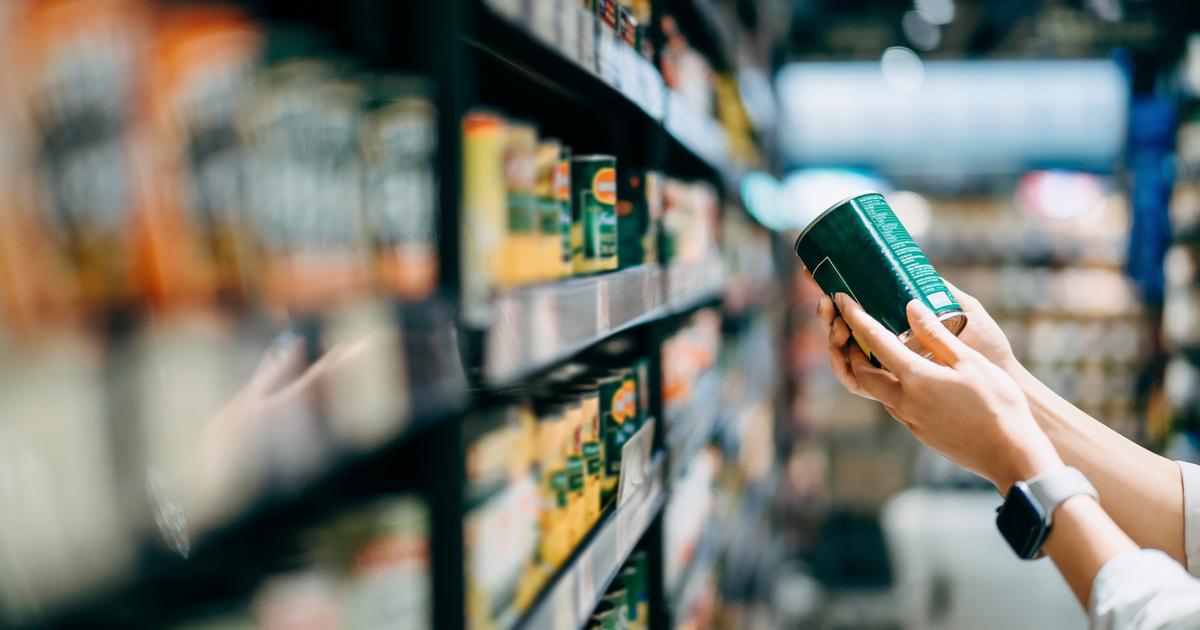d3sign/Getty Images
A French study published on February 13 links the consumption of certain additives contained in food products to an increased risk of developing cancer. Bernard Srour, co-author of the work, tells us what to avoid.
The consumption of ultra-processed foods increases our risk of developing cancer. This is the discovery made by a large-scale French study published on February 13 in the journal PLoS Medicine. In question? The additives contained in these products, called “emulsifiers” and are added during the industrial manufacturing process to provide a creamy texture and extend the life of the product. What are the additives in question? What products are they in? How to find out and then avoid? Bernard Srour, co-author of the study and professor of epidemiology at INRAE and INSERM (1), answers us.
Also readBudget products are often as good as brands, sometimes even better, according to “What to choose”
Carcinogenic risks
To carry out their work, the researchers analyzed the link between eating habits and the development of cancer in 92,000 adults (including 79% of women) from the NutriNet-Santé* cohort, followed by an average of 7 to 8 years
” data-script=”https://static.lefigaro.fr/widget-video/short-ttl/video/index.js” >
Scientists have discovered that two families of emulsifiers increase the risk of developing cancer: mono- and diglycerides of fatty acids and carrageenans. Regular consumption (about one dose per day) of the first emulsifier is associated with “an increased risk of breast cancer, prostate cancer and all cancers combined”, Bernard Srour informs us. Regular consumption of the other two is associated with “increased risk of breast cancer”.
Yogurt, cakes, sauces…
Specifically, where are these additives found? “They are particularly present in certain varieties of ice cream, yogurt, ready-made sauces (such as bechamel), madeleines, cakes and chocolate bars, as well as in some biscuits and even in margarine”, lists Bernard Srour.
Also readWomen more exposed to cardiovascular diseases: advice from a cardiologist to protect your heart
To find out, just read the labels and more precisely the list of ingredients. “The additives concerned are indicated either by the names ‘mono- and diglycerides of fatty acids’ and ‘carrageenans’, or by the codes E471, E407 and E407A,” explains Bernard Srour.
To avoid it, the scientist recommends to return to brands and products without these additives. More generally, for a healthy and balanced diet, the researcher invites us to limit as much as possible our consumption of ultra-processed foods, and to “favor products that contain no or few industrial ingredients, understanding those that are not not present in our kitchens. .”
” data-script=”https://static.lefigaro.fr/widget-video/short-ttl/video/index.js” >
(1) Bernard Srour is also coordinator of the NACRe network (National Food Cancer Research Network).
*It is still possible to participate in the NutriNet-Santé cohort, which analyzes our consumption habits and the link with possible health problems. More information on the site https://etude-nutrinet-sante.fr/.

